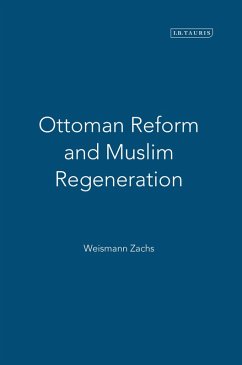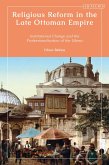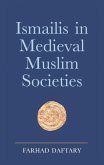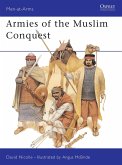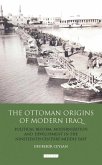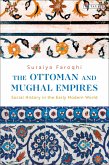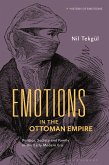The late Ottoman period was one of enormous change. This book focuses on the evolution of Ottoman reform as it was perceived, and negotiated, from the perspectives of the capital Istanbul and of the Arab provinces of Syria, including Palestine. It also examines the close interrelationship between the symbolic and actual measures introduced by the state, particularly since the Tanzimat era (1839-76), and the role of Islam as its foundational ethos and as the religion of the majority of the population. The twelve case studies included in this volume reveal the extent of the changes that the Ottoman Empire underwent throughout the period, ranging from the Ottoman dynasty and court at the top, to the marginalized Druzes and Bedouin populations on the periphery.
Bitte wählen Sie Ihr Anliegen aus.
Rechnungen
Retourenschein anfordern
Bestellstatus
Storno

